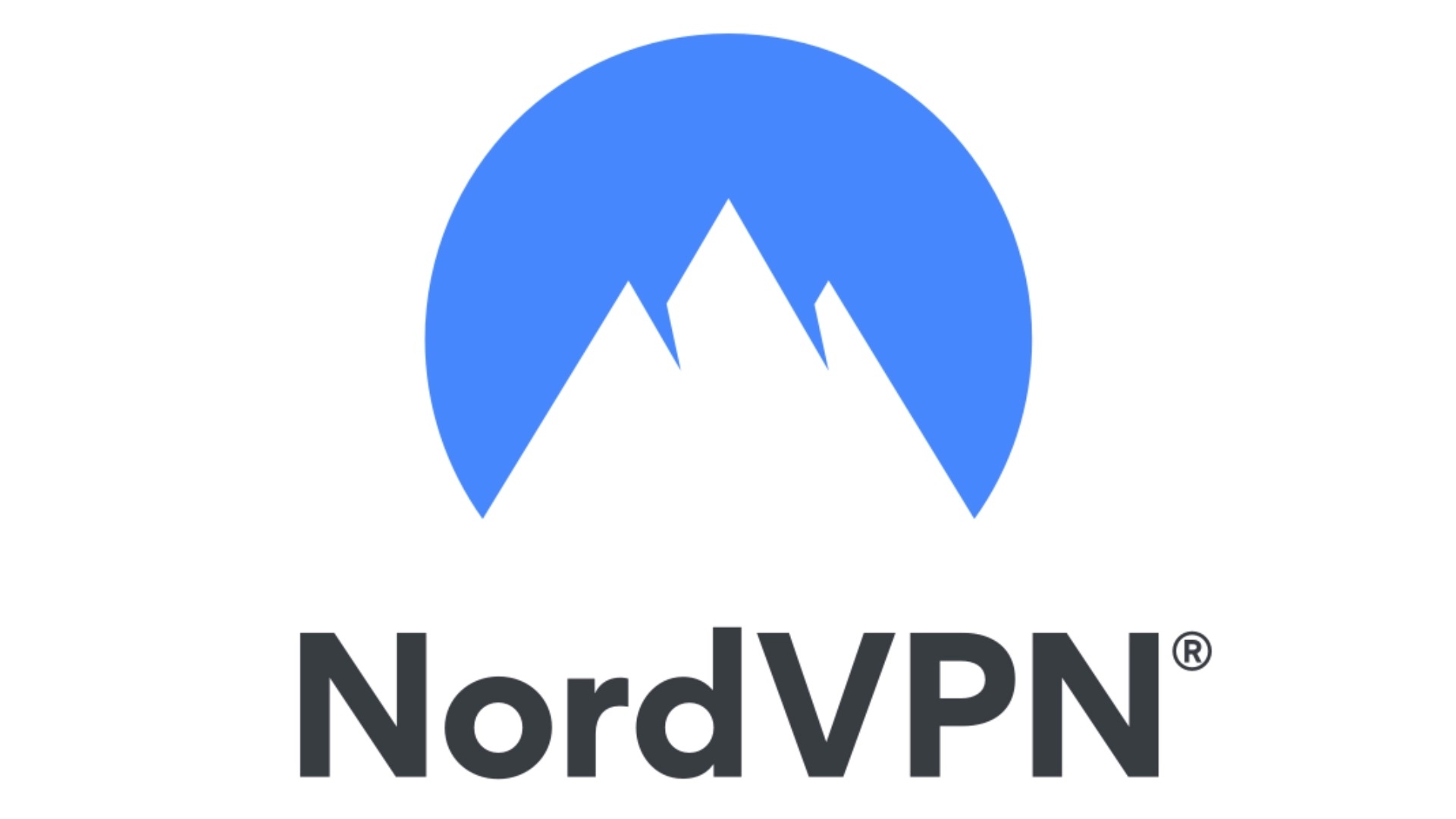The privacy-conscious among our readers may well be wondering which are the best Linux VPN services. With the Steam Deck taking hold and Valve offering a growing library of Linux-compatible games, many gamers are finally deciding to make the switch – but in the process, you’ll want to make sure you’ve got a Linux-friendly VPN.
Why you can trust our advice ✔ At PCGamesN, our experts spend hours testing hardware and reviewing games and VPNs. We share honest, unbiased opinions to help you buy the best. Find out how we test.
The best Linux VPN services will allow you to use the popular Windows alternative without having to worry about huge corporations leering over your shoulder the whole time. It can also help you enhance your experience with online games and allow you to access your native streaming platforms when traveling overseas. While we’ve given a top recommendation, if you want the fastest VPN, or the best cheap VPN, we’ve broken down our choices based on what each of them has to offer below.
The best Linux VPN services:
- ExpressVPN – best for Linux
- Private Internet Access – best price
- NordVPN – best download speeds
- CyberGhost – best for streaming
1. ExpressVPN
ExpressVPN is the best Linux VPN.
ExpressVPN overview:
| Server totals | 3,000+ servers in 94 countries |
| Compatible services/games | Fortnite, Call of Duty: Warzone, FIFA, Minecraft, Netflix, Prime Video, BBC iPlayer, Hulu, and more |
| Free trial | No free trial |
| Money-back guarantee | 30 days |
| Simultaneous connections | 5 |
| Router support | Yes |
Pros:
- Command-line Linux app with GUI options as browser extensions
- Lightway protocol gives speedy performance
- TrustedServer system provides extra privacy
Cons:
- One of the most expensive options
- Smaller total server count
- No free trial
ExpressVPN offers a simple command-line Linux app (with GUI options as browser extensions) and is our choice for the best Linux VPN. Founded in 2009, it quickly cemented itself as one of the best VPN overall. Its Lightway protocol ensures that you get a swift and smooth service, while its 3,000+ servers all have their IP addresses refreshed on a regular basis in order to stop them from getting blocked by different sites and services.
The biggest drawback for this provider is the fact that it is significantly more expensive than the other major VPNs. On top of that, it also has a relatively small total number of servers when compared to other well-known services – while it may still outdo the tadpoles in the VPN pond, it’s noticeable that it’s outdone (in this regard) by all but one of the other services on this list.
Having said that, one of the biggest appeals of ExpressVPN is its use of the TrustedServer system. What this does is prevents the servers from ever being able to write anything about your activities on the internet, further helping to protect your online privacy. Ultimately, that’s one of the most important things for a VPN, and in all the ways that count, this provider comes out on top.
Read our ExpressVPN review to find out more about this.
2. Private Internet Access
Private Internet Access (PIA) is the best cheap Linux VPN.
Private Internet Access overview:
| Server totals | 35,000+ servers in 78+ countries |
| Compatible services/games | League of Legends, Halo Infinite, Valorant, PUBG, YouTube, Disney Plus, Netflix, BBC iPlayer, and more |
| Free trial | None |
| Money-back guarantee | 30 days |
| Simultaneous connections | 10 |
| Router support | Yes |
Pros:
- One of the cheapest options for Linux users
- Offers a fully-compatible GUI app for Linux users
- Enormous selection of servers
Cons:
- One of the slightly slower providers
- No free trial
We mentioned that ExpressVPN’s biggest downside is its cost, and if you’re somebody who needs a cheap VPN, we suggest that you give Private Internet Access a look. It offers a fully-compatible GUI app and its pricing also works out as one of the lowest monthly rates you’ll see with any of the major VPN providers.
This isn’t a bargain bin VPN, either, it’s actually quite an impressive one. In terms of the sheer number of servers that Private Internet Access offers, it actually outdoes every other provider on this list (although it does cover fewer countries) and it also allows you to have a fairly generous total of ten simultaneous connections.
It might be just a little bit slower than some of the other big providers on this list, but that’s no reason to turn your nose up at it. It still performs admirably, it just struggles to keep up with the super-speedy services of some of the other VPNs on this list.
3. NordVPN
NordVPN is the fastest Linux VPN.
NordVPN overview:
| Server totals | 5,300+ servers in 60+ countries |
| Compatible services/games | Dota 2, World of Warcraft, Call of Duty: Warzone, GTA Online, Netflix, BBC iPlayer, Hulu, Prime Video, and more |
| Free trial | No free trial |
| Money-back guarantee | 30 days |
| Simultaneous connections | 6 |
| Router support | Yes |
Pros:
- The fastest VPN for Linux
- Dedicated command-line app for Linux
Cons:
- Slightly more expensive than others
- Covers fewer countries than others
- No free trial
Not only is NordVPN the fastest VPN, but it’s also easy to set up with Linux thanks to its dedicated command-line app. Its speed and accessibility are all part of the reason that it has been able to cement itself as the go-to VPN provider for millions of users.
It has average server download speeds that exceed the other providers on this list by quite a bit. NordVPN will stop internet service providers from slowing your connection if a certain activity is using a lot of bandwidth, and when you couple that with the speedy download times, you might have a faster internet experience all-round.
Unfortunately, it is a little bit more expensive than others, and its servers span fewer countries, but if these factors aren’t too problematic for you, then this definitely deserves close consideration. For a speedy Linux VPN solution, NordVPN is a great choice.
For more information, read our NordVPN review.
4. CyberGhost
CyberGhost is the best Linux VPN for streaming.
CyberGhost overview:
| Server totals | 7,400+ in 94+ countries |
| Compatible services/games | FIFA, PUBG, GTA Online, Overwatch, Netflix, Disney Plus, Prime Vide, Hulu, and more |
| Free trial | 24 hours |
| Money-back guarantee | 45 days |
| Simultaneous connections | 7 |
| Router support | Yes |
Pros:
- Decent pricing plans
- Broad streaming service compatibility
- 45-day money-back guarantee
Cons:
- Slightly slower than others
- Free trial could be longer
These days, you can access most of the major streaming platforms through Linux, and if you’re somebody who wants a VPN that’s both Linux and streaming-friendly, CyberGhost is the one to get. Not only does it have servers compatible with Netflix, Disney Plus, Amazon Prime, and more, it also has a 45-day money-back guarantee that’ll give you plenty of time to test it out its command-line app on all your favorite platforms and devices.
There’s also a day-long VPN free trial if you want to use it without having to enter your card details. This is going to be convenient for anybody seeking complete reassurance that it will work with your Linux operating system of choice.
It also has an impressive array of servers, with over 7,400 of them spread across more than 91 countries. This means that even if one of them gets blocked, there’s a huge selection of others to choose from. It may be a bit slower than others, but as a server on the lower end of the VPN costs spectrum, there’s very little to complain about.
Read our CyberGhost review to find out more about this service.
How we chose the best Linux VPN
Of course, the biggest decider for whether or not we included any given VPN on this list was whether or not they offered Linux compatibility. Right away, that narrows the field a lot. Beyond that, we used the following criteria to pick out the best VPNs:
- Pricing: The most comprehensive VPN services tend to be the most expensive, but that’s no good for anyone on a smaller budget. We included options for all price ranges to ensure that everybody could gain access to the additional privacy that VPNs provide.
- No-logs policy: If a VPN doesn’t have a no-logs policy, do not trust it. This is a provider’s promise that they will not accumulate data on your internet activities while the VPN is on. Without this, a VPN offers no privacy at all.
- Server range: Many internet users are going to want a VPN so that they can connect to the internet via servers in other regions. All the VPNs on this list cover a decent number of countries, but if there is a specific location you want to connect through, make sure you double-check that your VPN of choice has a server there.
- Simultaneous connections: Are you planning on using your VPN on multiple devices? Typically, you’re allowed to have it on around 5 – 10 devices, which will cover a few things, but if you want something to protect your whole household, we recommend going for one with an unlimited cap (which we’ve included on this list).
To find out more about our criteria for deciding what to include on these lists, read our how we test page. If you’re left with any questions, check out the FAQs below:
Does Linux have a built-in VPN?
No, it does not. You will need to choose a provider if you want the privacy of a VPN while using Linux.
Which VPN is free for Linux?
AtlasVPN can be used for free with Linux – though that isn’t the only one, it is the one that we recommend most highly.
Why use a VPN for Linux?
Using a VPN with Linux ensures that your ISP cannot accumulate data about your activities online or artificially slow download times when you use a lot of bandwidth. It also gives you a way to access content that is not usually available within your region and protects you from DDoS attacks from malicious strangers.
Our guides on the best gaming VPN and best no-logs VPN might also be worth a read for anyone in the market for a VPN.




